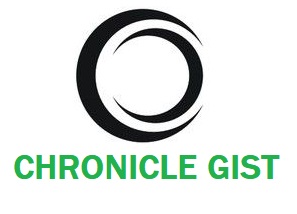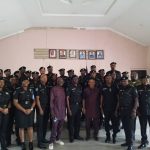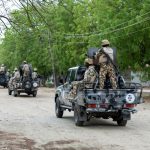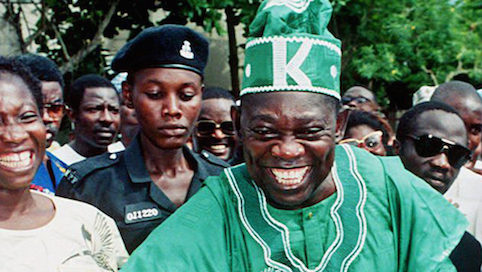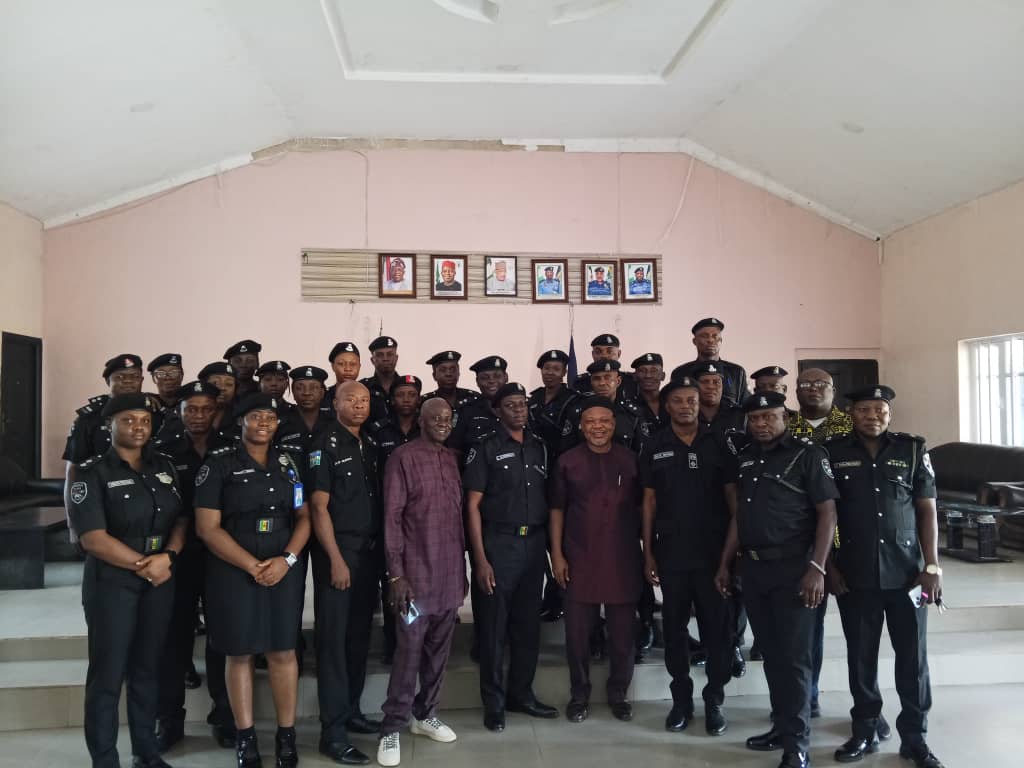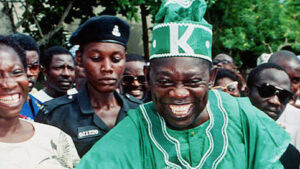
Assessing Nigeria’s Democracy and Citizen’s Hope Under the Current Administration
By Wilfred Chukwuma
Nigeria, Africa’s most populous nation and one of its largest economies, boasts a complex democratic history. The current administration, led by President Bola Ahmed Tinubu who assumed office in May 2023, is pivotal in shaping the trajectory of Nigeria’s democracy. This feature explores the current state of democracy in Nigeria, the challenges faced by the government, and the sentiments of citizens regarding the nation’s democratic processes and their hopes for the future.
Since transitioning from military rule to a civilian government in 1999, Nigeria has held several elections, witnessing varying degrees of democratic consolidation. The 2023 presidential election was significant as it demonstrated the citizens’ growing appetite for genuine change. However, it also highlighted longstanding issues such as electoral violence, corruption, and the manipulation of electoral bodies, raising questions about the integrity of the electoral process.
President Tinubu’s administration faces the daunting task of addressing systemic issues that have plagued Nigeria’s democratic process. One of the key areas of focus has been the need for electoral reforms. The introduction of technology in the electoral process, such as biometric voter registration and electronic transmission of results, has been a step forward. However, skepticism remains regarding the administration’s commitment to these reforms.
Moreover, Tinubu’s government has pledged to promote inclusivity and transparency. The appointment of several women and youths into key positions is a move toward diversifying governance. Yet, the true measure of this commitment will be in the implementation of policies that empower marginalised communities and ensure that all voices are heard in the political arena.
Corruption remains cancerous in Nigerian politics, eroding public trust and undermining democratic institutions. High-profile cases often make headlines, yet consistent efforts to combat corruption seem lacking.
The escalating violence from Boko Haram, banditry, and clashes between farmers and herders poses a grave threat to democracy. Insecurity leads to disenfranchisement, as citizens fear for their safety during elections and civic engagements.
The economic landscape is characterised by high inflation, unemployment, and poverty. Many citizens view economic stability as a prerequisite for a thriving democracy, and the government’s ability to tackle these challenges is under scrutiny.
While the government has promised to uphold freedom of expression, incidents of journalists being harassed and dissent being suppressed raise alarm bells about the health of civil liberties in the country.
Despite the challenges, hope persists among the Nigerian populace. Many citizens express a desire for a more accountable government that prioritises the welfare of its people. Grassroots movements and civil society groups are increasingly involved in advocating for transparency, human rights, and electoral reforms.
Young Nigerians, who constitute a significant portion of the electorate, are particularly vocal about their expectations for change. The #EndSARS movement highlighted their willingness to leverage social media and mobilise for accountability. This generation views democracy not merely as a political system but as a vehicle for social justice, economic empowerment, and equal opportunities.
As Nigeria navigates a tumultuous political landscape under the current administration, the assessment of its democratic health remains crucial. The path ahead may be fraught with challenges, yet it is also filled with opportunities for positive change. The hope expressed by citizens can serve as a critical catalyst for a renewed commitment to democratic principles, paving the way for a more inclusive and resilient Nigeria. As stakeholders in the democratic process, both the government and the citizens must work in tandem to uphold the tenets of democracy and ensure a brighter future for all Nigerians.
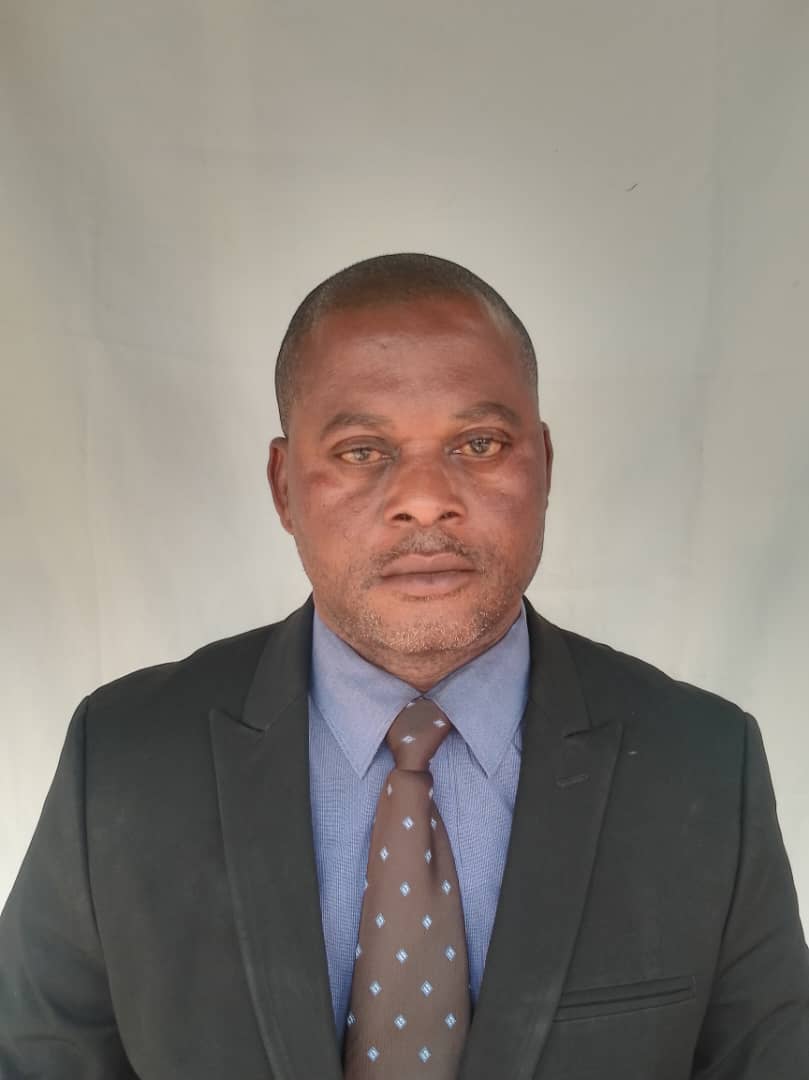
EDITOR
Sam Udekwe is a journalist working in the News and Current Affairs department, Enugu State Broadcasting Service (ESBS) Enugu. He is well trained in all genres of journalistic venture.
Mr Sam read Mass Communication, graduating all with Distinction in National Diploma, Higher National Diploma and Postgraduate Diploma at IMT, Enugu and Madonna University, Okija, Anambra state, as well as M.Sc Mass Communication with Second Class(Upper Division) at National Open University of Nigeria.
He is the immediate past NUJ Chairman, Enugu state.
samowailo@gmail.com
